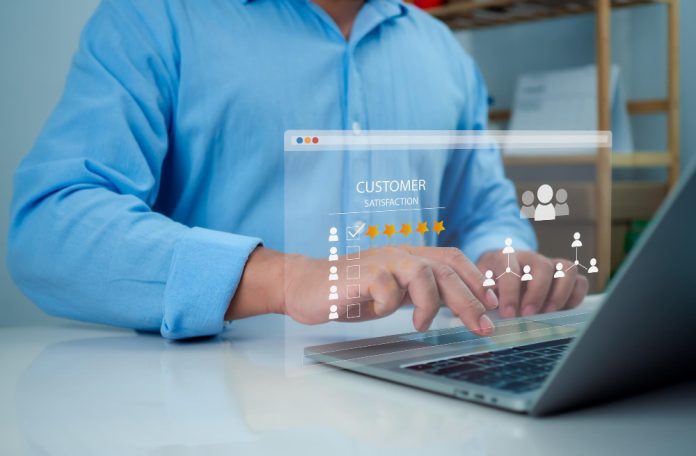In the digital-first world, B2B customer data security is not just a technical priority—it’s a business imperative. With increasing volumes of sensitive information exchanged between businesses, any breach in security can result in legal liabilities, reputational damage, and financial loss.
To maintain trust and meet growing compliance requirements, B2B organizations must implement robust, proactive security measures. This blog outlines the top security best practices for protecting customer data in B2B environments.
1. Implement End-to-End Data Encryption
Encryption is the cornerstone of B2B data security. By converting readable data into encoded formats, encryption ensures that even if data is intercepted, it remains inaccessible without the correct decryption key.
- At-rest encryption secures data stored in databases and file systems.
- In-transit encryption protects data as it moves across networks using SSL/TLS protocols.
Regularly update encryption standards and ensure all customer data—emails, financial records, and contracts—is encrypted both at rest and in transit.
2. Enforce Strict Access Controls
Not every employee needs access to all data. A “least privilege” approach helps limit data exposure by granting access only to those who truly need it.
- Use Role-Based Access Control (RBAC) to assign permissions based on user roles.
- Implement Multi-Factor Authentication (MFA) to prevent unauthorized access.
- Regularly audit user roles and deactivate inactive or unnecessary accounts.
Strong access management is critical for reducing internal threats and preventing accidental data leaks.
3. Adopt Secure Data Storage and Cloud Practices
With many B2B companies relying on cloud platforms for data storage, it’s essential to evaluate the security posture of your providers.
- Choose cloud vendors with industry-recognized security certifications (e.g., ISO 27001, SOC 2).
- Enable data backups and version control to ensure recovery in case of data loss or ransomware attacks.
- Apply data segmentation to isolate sensitive customer information from general access environments.
4. Establish Comprehensive Data Privacy Policies
Regulatory frameworks like GDPR, CCPA, and India’s Digital Personal Data Protection Act make it mandatory for businesses to protect customer privacy.
- Be transparent with clients about how data is collected, stored, and used.
- Allow customers to opt in/out of data processing wherever applicable.
- Regularly review and update your privacy policies to remain compliant.
A strong privacy policy is not only a legal necessity but also a trust-building tool.
5. Train Teams on Data Security Awareness
Human error remains one of the leading causes of data breaches. Conduct ongoing employee training to build a culture of security.
- Educate teams about phishing attacks, password hygiene, and safe sharing practices.
- Simulate phishing scenarios to assess team awareness.
- Encourage immediate reporting of suspicious activities.
When employees understand the risks, they become your first line of defense.
6. Monitor, Audit, and Respond in Real-Time
B2B companies must continuously monitor data environments to detect and respond to threats promptly.
- Use Security Information and Event Management (SIEM) tools for real-time alerts.
- Conduct regular penetration testing to identify vulnerabilities.
- Maintain a documented incident response plan for handling breaches.
Continuous monitoring ensures you’re not just reacting to threats, but anticipating them.
Final Thoughts
Securing B2B customer data goes beyond technology—it’s about building trust, ensuring compliance, and enabling sustainable business growth. As data threats evolve, so must your strategies. By implementing these best practices, B2B companies can proactively safeguard customer data and position themselves as responsible, reliable partners in a connected digital economy.
I hope you find the above content helpful. For more such informative content, please visit Martecedge.







